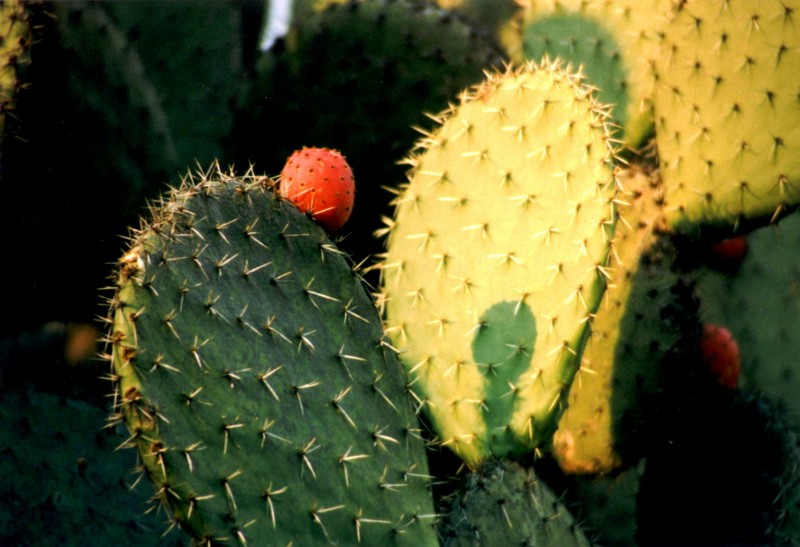
In the world of health and wellness, finding reliable information can often feel like navigating a maze. With countless trends and fads flooding the market, it's crucial to decipher fact from fiction. One such topic that has gained significant attention is the nopal cactus and its potential health benefits. In this article, we will delve into the expert-curated insights about the nopal cactus and explore its potential impact on our well-being.
Nopal, scientifically known as Opuntia ficus-indica, is a type of prickly pear cactus native to Mexico. It has been a staple in traditional Mexican cuisine for centuries, celebrated not only for its unique flavor but also for its potential health benefits.
Rich in essential nutrients, nopal is a nutritional powerhouse. It boasts a high content of vitamins, including vitamin C, vitamin B6, and riboflavin. Additionally, it contains dietary fiber, antioxidants, and minerals such as magnesium and potassium.
One of the most notable benefits associated with nopal is its potential to regulate blood sugar levels. The cactus contains compounds that may help improve insulin sensitivity, making it a promising natural option for individuals with diabetes or those at risk of developing the condition.
Thanks to its high fiber content, nopal can contribute to improved digestive health. Fiber aids in promoting regular bowel movements, preventing constipation, and supporting a healthy gut microbiome.
Antioxidants play a crucial role in combating oxidative stress and reducing inflammation in the body. Nopal's antioxidant properties may contribute to a lower risk of chronic diseases and overall enhanced well-being.
Incorporating nopal into a balanced diet may also support weight management efforts. The fiber and low calorie content of nopal can help increase feelings of fullness, potentially reducing overall calorie intake.
To shed light on the nopal's potential, we consulted renowned health experts:
The popularity of nopal has led to an influx of supplements and products on the market. When choosing a nopal supplement, look for third-party certifications and consult a healthcare professional to ensure quality and safety.
Incorporating nopal into your meals can be both delicious and nutritious. Try adding sliced nopal to salads, smoothies, or even sautéing it with vegetables for a flavorful twist.
It's important to note that nopal is not a magical overnight solution to health concerns. Consistency in a balanced diet and a healthy lifestyle are key to reaping its potential benefits.
While nopal offers numerous health benefits, it's not a universal cure for all ailments. Be cautious of exaggerated claims and remember that it's just one piece of the wellness puzzle.
In the quest for reliable health information, the nopal cactus shines as a promising contender. Backed by expert insights and centuries of traditional use, its nutritional value and potential benefits make it an intriguing option for those seeking to enhance their well-being. Remember, while nopal can be a valuable addition to a healthy lifestyle, it's essential to approach it with realistic expectations.
Eat Your Way to Better Joints: Anti-Inflammatory Diet Tips for Arthritis
Battling Childhood Obesity: Strategies for a Healthier Future